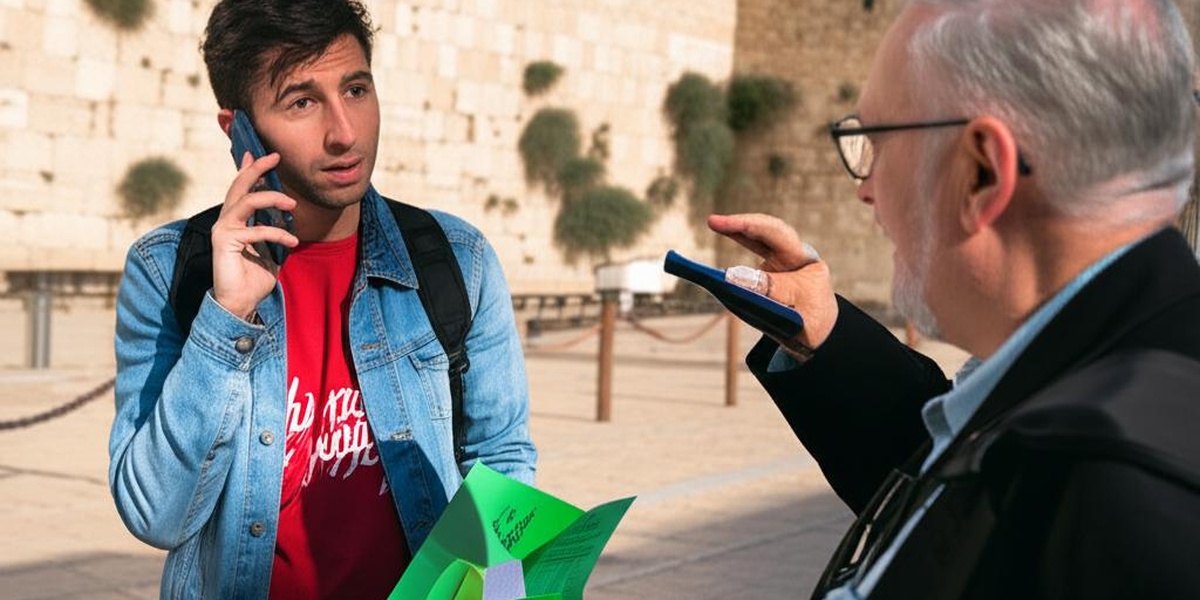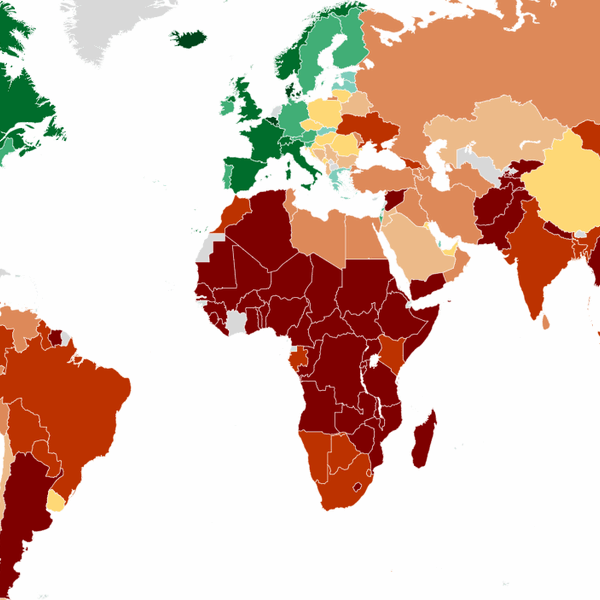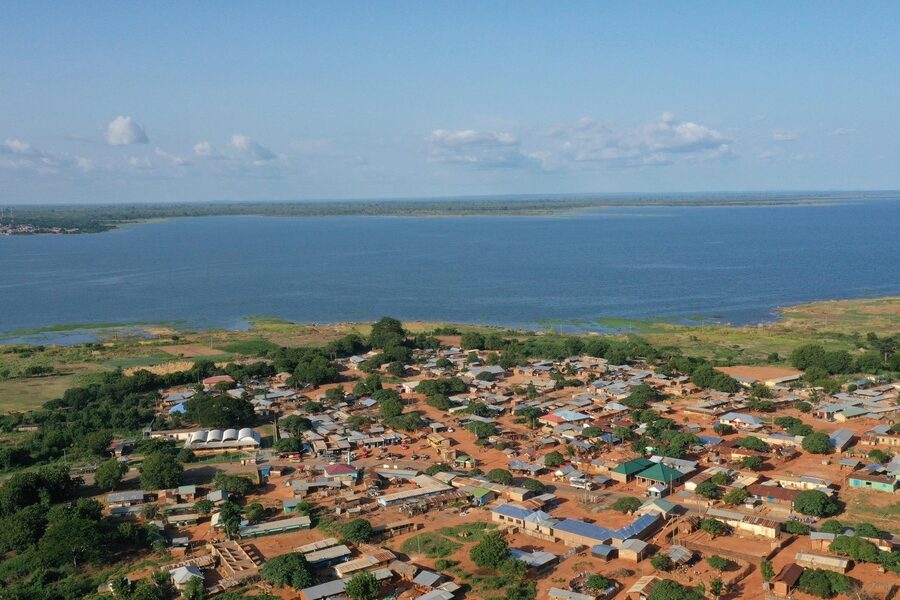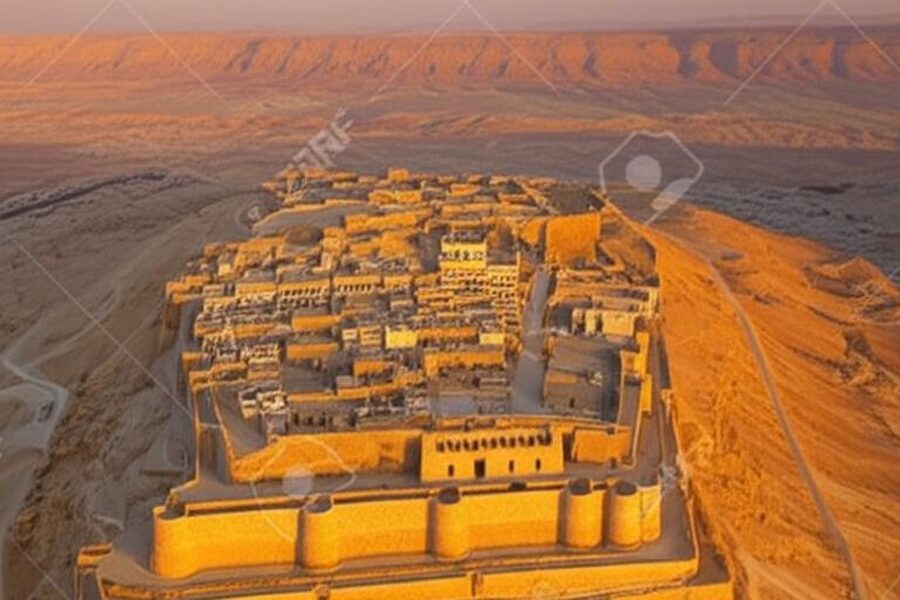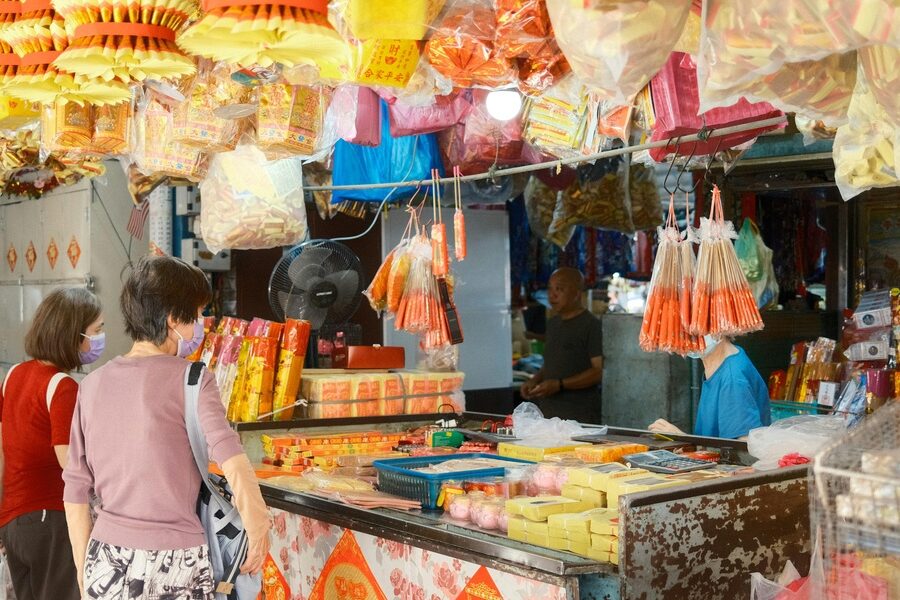Israel feels smaller once you know a few words — from asking directions in Jerusalem to ordering a street-side sabich in Tel Aviv, simple phrases open doors and make travel smoother. Learning how locals actually speak helps you move around, show courtesy, and enjoy more spontaneous interactions.
There are 66 Useful Phrases for Tourists in Israel, ranging from “A little” to “You’re welcome / Please” to cover basics, emergencies, and polite exchanges. Each entry is organized in columns: Native script Hebrew phrase (include commonly used Arabic variants where applicable),Transliteration,Translation,Context, so you’ll know how to read, say, and use each line in real situations — you’ll find below the full list.
How do I practice pronunciation if I can’t read Hebrew script?
Use the Transliteration column to get a phonetic start, then listen and repeat using language apps or short audio clips from native speakers; practice aloud with shopkeepers or taxi drivers — they’ll usually appreciate the effort and gently correct you.
When should I use the Arabic variants listed alongside Hebrew?
Use Arabic variants in predominantly Arabic-speaking neighborhoods, with Arab taxi drivers, or when you know someone prefers Arabic; the Context column notes when variants are common so you can choose the most appropriate phrase.
Useful Phrases for Tourists in Israel
| Phrase | Native script Hebrew phrase (include commonly used Arabic variants where applicable) | Transliteration | Translation | Context |
|---|---|---|---|---|
| Hello / Goodbye | שָׁלוֹם | Shalom | Hello, goodbye, peace | Use for greeting someone or leaving |
| Good Morning | בּוֹקֶר טוֹב | Boker Tov | Good morning | Greeting someone in the morning hours |
| Good Evening | עֶרֶב טוֹב | Erev Tov | Good evening | Greeting someone in the evening |
| Good Night | לַיְלָה טוֹב | Laila Tov | Good night | Saying goodbye to someone at night |
| How are you? | מַה נִּשְׁמַע? | Ma Nishma? | How are you? / What’s up? | A casual way to ask how someone is |
| What’s your name? | אֵיךְ קוֹרְאִים לְךָ/לָךְ? | Eikh Kor’im Lekha/Lakh? | What is your name? | Asking for someone’s name |
| My name is… | קוֹרְאִים לִי… | Kor’im Li… | My name is… | Introducing yourself to someone |
| Nice to meet you | נָעִים מְאוֹד | Naim Meod | Nice to meet you | After being introduced to someone |
| Thank you | תּוֹדָה / شُكْرًا | Toda / Shukran | Thank you | Expressing gratitude for anything |
| You’re welcome / Please | בְּבַקָּשָׁה / مِن فَضلِك | Bevakasha / Min Fadlak/ik | You’re welcome / Please | Responding to ‘thank you’ or making a request |
| Excuse me / Sorry | סְלִיחָה | Slicha | Excuse me / Sorry | Getting attention or apologizing |
| Yes | כֵּן | Ken | Yes | Answering a question affirmatively |
| No | לֹא | Lo | No | Answering a question negatively |
| Okay / Fine | בְּסֵדֶר | Beseder | Okay / Fine / Alright | Expressing that things are okay |
| I don’t understand | אֲנִי לֹא מֵבִין/מְבִינָה | Ani Lo Mevin/Mevina | I don’t understand | When you can’t comprehend what was said |
| Do you speak English? | אַתָּה מְדַבֵּר/אַתְּ מְדַבֶּרֶת אַנְגְּלִית? | Ata Medaber/At Medaberet Anglit? | Do you speak English? | To ask someone if they can speak English |
| Where is the restroom? | אֵיפֹה הַשֵּׁרוּתִים? | Eifo Ha’sherutim? | Where is the restroom? | Asking for the location of the bathroom |
| How much is this? | כַּמָּה זֶה עוֹלֶה? | Kama Ze Ole? | How much does this cost? | Asking for the price of an item |
| The check, please | חֶשְׁבּוֹן, בְּבַקָּשָׁה | Heshbon, Bevakasha | The check, please | Asking for the bill at a restaurant |
| Water | מַיִם | Mayim | Water | Requesting water |
| Delicious! | טָעִים! | Ta’im! | Delicious! | Complimenting food |
| Cheers! | לְחַיִּים! | L’chaim! | To life! | A toast when drinking with others |
| Help! | הַצִּילוּ! | Hatzilu! | Help! | In an emergency situation |
| Police | מִשְׁטָרָה | Mishtara | Police | When you need to find the police |
| I need a doctor | אֲנִי צָרִיךְ/צְרִיכָה רוֹפֵא | Ani Tzarikh/Tzrikha Rof’e | I need a doctor | When you require medical assistance |
| Where is…? | אֵיפֹה…? | Eifo…? | Where is…? | Asking for the location of a place |
| The beach | הַיָּם | Ha’yam | The sea / The beach | Referring to the beach or sea |
| The market | הַשּׁוּק | Ha’shuk | The market | Referring to an open-air market |
| Bus | אוֹטוֹבּוּס | Otobus | Bus | Referring to a public bus |
| Taxi | מוֹנִית | Monit | Taxi | Referring to a taxi cab |
| Train | רַכֶּבֶת | Rakevet | Train | Referring to the train |
| Left | שְׂמֹאלָה | Smola | To the left | Giving or receiving directions |
| Right | יָמִינָה | Yemina | To the right | Giving or receiving directions |
| Straight ahead | יָשָׁר | Yashar | Straight ahead | Giving or receiving directions |
| Here | כָּאן / פֹּה | Kan / Po | Here | Indicating a location |
| There | שָׁם | Sham | There | Indicating a location |
| How far? | כַּמָּה רָחוֹק? | Kama Rachok? | How far? | Asking about distance |
| I would like… | אֲנִי רוֹצֶה/רוֹצָה… | Ani Rotze/Rotza… | I would like… | Ordering food or buying something |
| A little | קְצָת | Ktzat | A little | To indicate a small amount |
| A lot / Very | מְאוֹד | Meod | A lot / Very | To emphasize something |
| One | אַחַת | Ekhad (m) / Akhat (f) | One | The number one |
| Two | שְׁתַּיִם | Shtayim | Two | The number two |
| Three | שָׁלוֹשׁ | Shalosh | Three | The number three |
| Four | אַרְבַּע | Arba | Four | The number four |
| Five | חָמֵשׁ | Hamesh | Five | The number five |
| Six | שֵׁשׁ | Shesh | Six | The number six |
| Seven | שֶׁבַע | Sheva | Seven | The number seven |
| Eight | שְׁמוֹנֶה | Shmoneh | Eight | The number eight |
| Nine | תֵּשַׁע | Tesha | Nine | The number nine |
| Ten | עֶשֶׂר | Eser | Ten | The number ten |
| One Hundred | מֵאָה | Me’a | One hundred | The number one hundred |
| What time is it? | מָה הַשָּׁעָה? | Ma Ha’sha’ah? | What time is it? | Asking for the current time |
| Today | הַיּוֹם | Ha’yom | Today | Referring to the current day |
| Tomorrow | מָחָר | Makhar | Tomorrow | Referring to the next day |
| Yesterday | אֶתְמוֹל | Etmol | Yesterday | Referring to the previous day |
| Have a great weekend! | שַׁבָּת שָׁלוֹם | Shabbat Shalom | Have a good Sabbath! | Weekend greeting from Friday to Saturday |
| Let’s go! | יַאלְלָה! | Yalla! | Come on! / Let’s go! | To urge someone to move or to agree |
| No problem | אֵין בְּעָיָה | Ein Be’aya | No problem | A casual way to say “you’re welcome” |
| Good luck! | בְּהַצְלָחָה! | Be’hatzlacha! | Good luck! | Wishing someone success |
| Ice cream | גְּלִידָה | Glida | Ice cream | Referring to ice cream |
| Coffee | קָפֶה | Kafe | Coffee | Referring to coffee |
| Beer | בִּירָה | Bira | Beer | Referring to beer |
| Wine | יַיִן | Yayin | Wine | Referring to wine |
| Is it kosher? | זֶה כָּשֵׁר? | Ze Kasher? | Is this kosher? | Asking if food meets Jewish dietary laws |
| Can I have the Wi-Fi password? | אֶפְשָׁר אֶת סִיסְמַת הַוַּי-פַי? | Efshar et sismat ha’wifi? | Can I have the Wi-Fi password? | Asking for the password to a Wi-Fi network |
| Stop here, please | עֲצֹר כָּאן, בְּבַקָּשָׁה | Atzor kan, bevakasha | Stop here, please | Telling a taxi driver where to stop |
Images and Descriptions
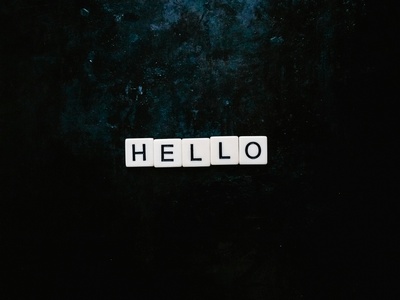
Hello / Goodbye
The most essential Hebrew word you’ll learn. It literally means “peace” and is used for both “hello” and “goodbye.” Pronounce it “shah-LOHM.” It’s a warm and versatile greeting suitable for any time of day and any level of formality.

Good Morning
A standard morning greeting until about noon. The response is also “Boker Tov.” “Boker” means morning and “Tov” means good. It’s a cheerful way to start the day when interacting with locals in cafes or shops.

Good Evening
Use this polite greeting from late afternoon until nightfall. Like its morning counterpart, the standard reply is simply to repeat “Erev Tov” back. It sets a pleasant and respectful tone for any evening interaction.

Good Night
Used when you’re leaving for the night or going to bed, similar to English. Pronounce it “LAI-lah TOHV.” It’s a warm and common way to end an evening with friends or wish a hotel staff member a good night.

How are you?
This is a very common, informal greeting, akin to “What’s up?” or “How’s it going?” A typical response is “Beseder” (fine) or “Hakol Tov” (everything’s good). It’s perfect for friendly, everyday encounters.
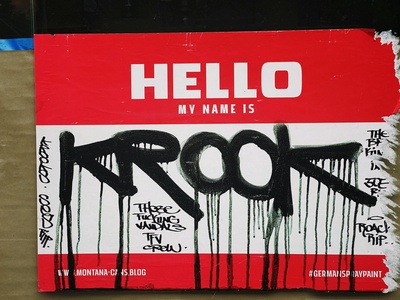
What’s your name?
Use “Lekha” (le-KHA) when speaking to a male and “Lakh” (lock) for a female. It’s a polite way to get to know someone. Follow up with “Naim Meod” (nice to meet you) to be extra friendly.
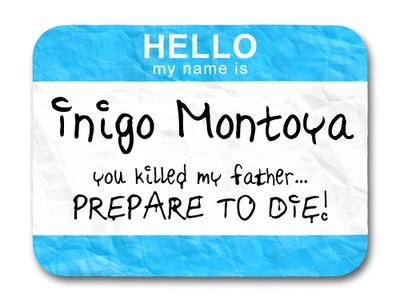
My name is…
A simple and direct way to introduce yourself. Just add your name after the phrase. For example, “Kor’im li Sarah.” It’s the standard response to “Eikh Kor’im Lekha/Lakh?” and is perfect for any social situation.
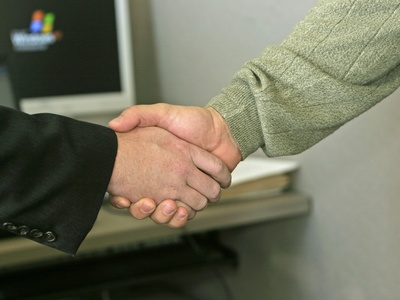
Nice to meet you
This is the perfect, polite response after someone tells you their name. “Naim” means pleasant and “Meod” means very. It’s a friendly and essential phrase for making a good first impression.
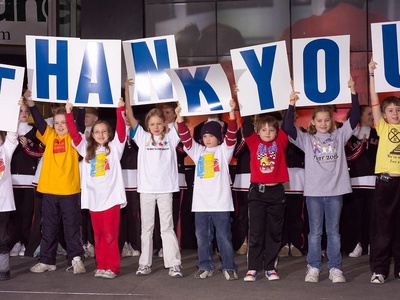
Thank you
Toda is the standard Hebrew thank you. “Toda Raba” means “thank you very much.” You will also frequently hear the Arabic “Shukran,” especially in Jerusalem, Jaffa, and Arab communities. Both are widely understood and appreciated.
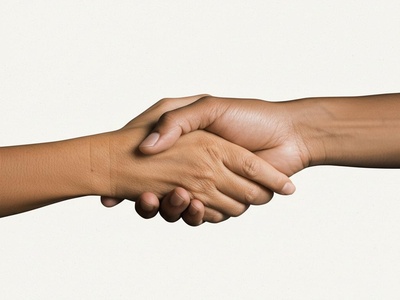
You’re welcome / Please
This versatile word means both “please” when making a request and “you’re welcome” in response to “Toda.” The Arabic “Min Fadlak” (to a man) or “Min Fadlik” (to a woman) is also common for “please.”
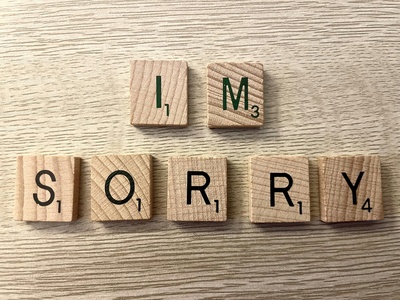
Excuse me / Sorry
Use “Slicha” (slee-KHAH) to get someone’s attention (like a waiter), to say “excuse me” when passing someone, or as a simple “sorry” for a minor mistake. It’s an incredibly useful and common word.

Yes
The straightforward Hebrew word for “yes.” It’s short, simple, and essential for basic communication. Pronounce it just like the English name Ken. You’ll use this constantly in shops, restaurants, and daily interactions.

No
The direct Hebrew word for “no.” It’s pronounced with a clear “o” sound, like in “low.” It’s just as essential as “Ken” (yes) for clear and simple communication in any situation you encounter.
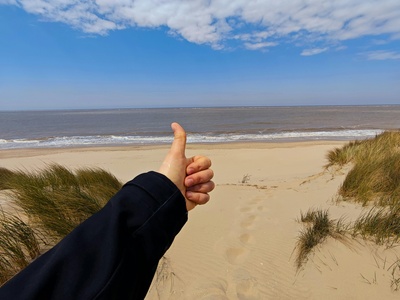
Okay / Fine
Literally “in order,” this is a super common response to “Ma Nishma?” (How are you?) or to confirm you understand something. It’s a versatile word that conveys that everything is alright.
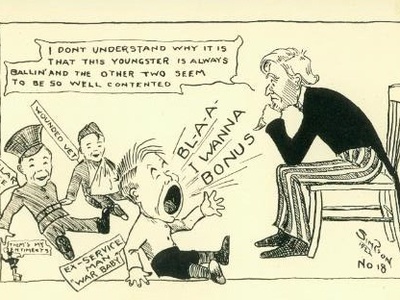
I don’t understand
Use “Mevin” (meh-VEEN) if you are male, and “Mevina” (meh-vee-NAH) if you are female. It’s a polite and important phrase to signal a language barrier, often prompting the speaker to switch to English or slow down.
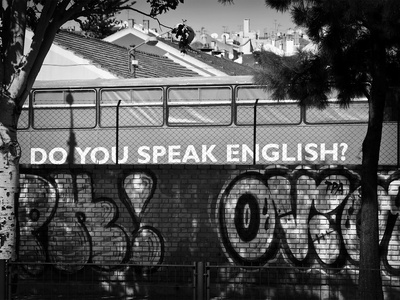
Do you speak English?
Use “Ata Medaber” for a male and “At Medaberet” for a female. Most Israelis in tourist areas speak some English, but asking in Hebrew first is a very polite and appreciated gesture.
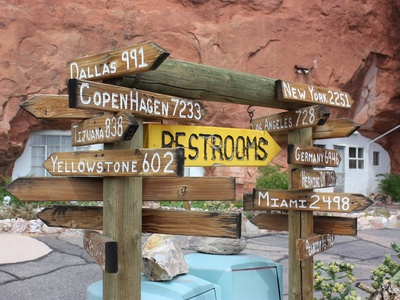
Where is the restroom?
A crucial phrase for any traveler. “Eifo” means “where is” and “sherutim” is the common word for restroom or toilet. It can be used in restaurants, museums, bus stations, or anywhere you might need facilities.
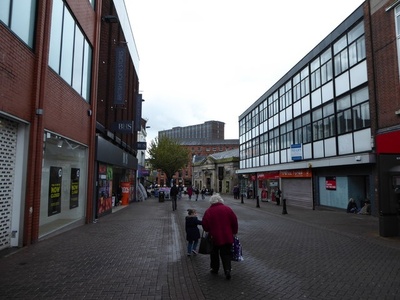
How much is this?
This is your go-to phrase in markets (“shuks”) and shops. “Kama” means “how much.” Point to an item and ask this to get the price. It shows you’re an engaged and savvy shopper.
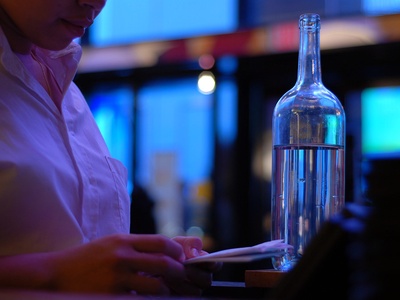
The check, please
When you’re finished with your meal, catch the waiter’s eye and say this phrase. “Heshbon” means bill or check. It’s the standard, polite way to signal you are ready to pay and leave.

Water
A simple but vital word. You can say “Mayim, bevakasha” (Water, please) at a restaurant or kiosk. Staying hydrated is key in Israel’s climate, so this is a word you’ll use often. Pronounce it “MAH-yeem.”
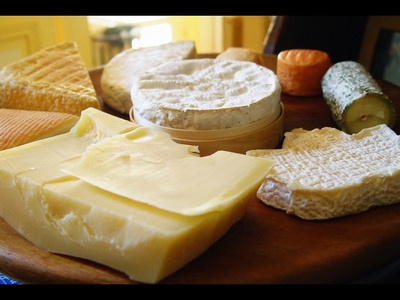
Delicious!
A wonderful compliment to give a chef or host. If you really enjoyed your meal, saying “Ta’im!” or “Ta’im meod!” (Very delicious!) is a much-appreciated gesture that will likely be met with a smile.
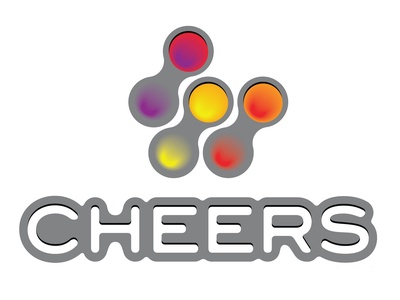
Cheers!
The quintessential Jewish toast, meaning “to life!” Raise your glass and say it with enthusiasm before drinking with friends, old or new. It’s a celebratory and joyous expression used on all occasions.

Help!
This is the word to shout if you are in danger or need immediate assistance. It’s a serious cry for help, so use it only in a true emergency. Hopefully, you won’t need it, but it’s crucial to know.

Police
If you need to report a crime or require police assistance, ask for the “Mishtara.” You can say “Eifo ha’mishtara?” (Where is the police station?) to ask for directions.

I need a doctor
Use “Tzarikh” (tsa-REEKH) if you are male, and “Tzrikha” (tsree-KHAH) if you are female. This is a clear and direct way to communicate a need for medical help in an emergency or at a clinic.
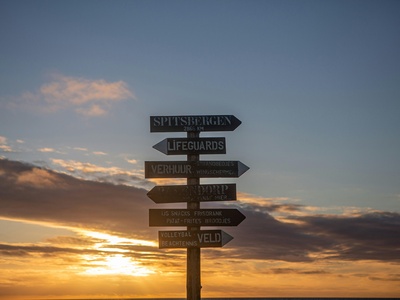
Where is…?
A fundamental question-starter for navigation. Just add the place you’re looking for after “Eifo.” For example, “Eifo ha’tahana ha’merkazit?” (Where is the central bus station?).

The beach
Israel has beautiful coastlines, so you’ll likely use this word. “Yam” means sea. You can ask “Eifo ha’yam?” to find your way to the water for a relaxing day. It’s a simple and useful vocabulary word.
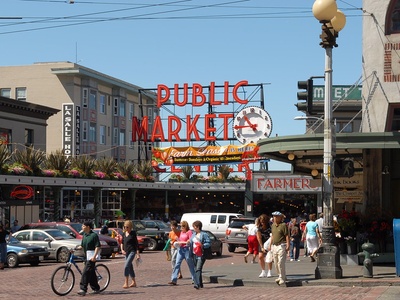
The market
Israel’s markets (shuks) are vibrant and a must-see. Use this word to ask for directions to famous markets like Mahane Yehuda in Jerusalem or the Carmel Market in Tel Aviv. It’s your ticket to a great cultural experience.

Bus
Israel has an extensive bus network connecting cities and towns. Knowing this word is helpful for navigating public transport, whether you’re at the station or asking for the nearest bus stop (“tahanat otobus”).

Taxi
Whether hailing one on the street or ordering one, “monit” is the word you need. You can say “Ani tzarikh monit” (I need a taxi). It’s a universally understood term for getting a cab.

Train
Israel’s train system is modern, clean, and efficient for intercity travel. Ask for the “tahanat ha’rakevet” (the train station) to find your way. It’s a great option for traveling between major cities like Tel Aviv and Jerusalem.

Left
When asking for directions, you’ll hear this word. It’s simple and phonetic. Practice it with “Yemina” (right) and “Yashar” (straight) to master basic navigation commands.

Right
The counterpart to “Smola” (left). Listen for it when asking for directions on the street. Knowing these basic directional words can make navigating a new city much less intimidating.
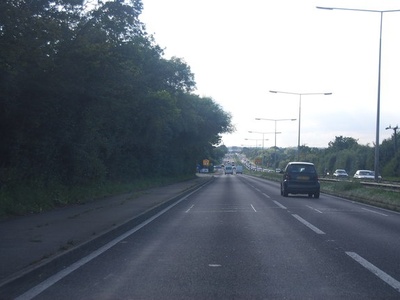
Straight ahead
The third key directional word. If someone tells you to go “yashar,” just keep going straight. It’s often used for walking directions and is easy to remember and pronounce.

Here
Both “Kan” and “Po” mean “here” and are used interchangeably in everyday speech. You might hear a taxi driver say “We are here” (“Anachnu po”) or a shopkeeper say “It’s here” (“Ze kan”).
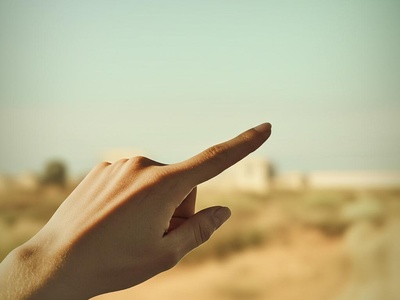
There
The opposite of “Kan/Po.” If you ask where something is, someone might point and say “Sham.” It’s a simple and essential word for understanding directions and locations.

How far?
A useful follow-up question after getting directions. “Kama” means “how much” and “rachok” means “far.” It can help you decide whether to walk or take a taxi to your destination.

I would like…
A polite way to ask for something. Use “Rotze” (roh-TSEH) if you’re male and “Rotza” (roh-TSAH) if you’re female. Follow it with what you want, for example, “Ani rotza cafe, bevakasha” (I’d like a coffee, please).
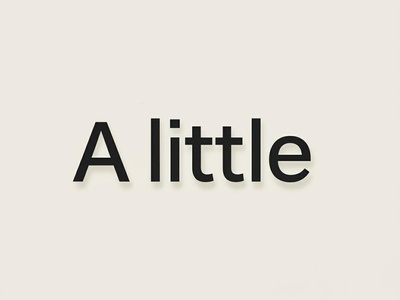
A little
A very useful word when ordering food or shopping. You can ask for “ktzat” milk in your coffee or say you only speak “ktzat Ivrit” (a little Hebrew). Pronounce the ‘tz’ sound like the ‘ts’ in ‘cats’.
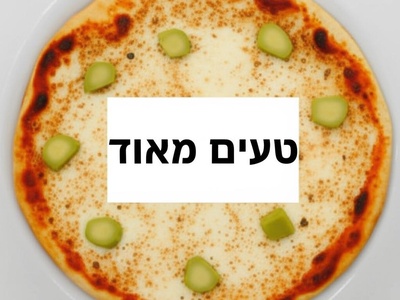
A lot / Very
Add “meod” after an adjective to strengthen it. “Toda” is “thank you,” but “Toda meod” is “thank you very much.” Similarly, “Ta’im meod” means “very delicious.” It’s an easy way to add emphasis.

One
The number one. It has masculine and feminine forms, but “ekhad” is commonly understood. It’s essential for counting, buying single items, or telling time. It’s the foundation of learning any other numbers.

Two
The number two. Unlike “one,” “shtayim” is used for both masculine and feminine nouns in everyday speech, making it easy to use. Perfect for ordering two coffees or buying two tickets.

Three
The number three. Continue your counting with “shalosh.” It’s a common number you’ll use when ordering for a small group or counting items in a market. The “sh” sound is just like in English.

Four
The number four. Pronounced “AR-bah.” It follows the same simple pattern as the other low numbers. Useful for everything from ordering falafel pitas to indicating how many people are in your party.

Five
The number five. The “H” is a guttural sound from the back of the throat, like the ‘ch’ in ‘Bach’. Pronounce it “kha-MESH.” It’s a key number, especially when handling shekel coins.

Six
The number six. This one is easy to remember and pronounce, sounding just like its English counterpart with a “sh” sound at both the beginning and end. Simple and useful for everyday counting.

Seven
The number seven. Pronounced “SHEH-vah.” It’s another basic number that is good to know for counting, shopping, and general communication. It’s straightforward and easy to pick up.

Eight
The number eight. Pronounced “SHMO-neh.” Keep building your number skills with this one. Knowing the numbers up to ten is incredibly empowering for a tourist handling money and making small purchases.

Nine
The number nine. Pronounced “TEY-shah.” Almost at ten! This is another fundamental number for daily transactions and basic communication. It’s a common digit in prices and quantities.

Ten
The number ten. Pronounced “ESS-er.” Knowing one through ten gives you a solid foundation for dealing with prices, quantities, and more. It’s a huge confidence booster for any traveler.

One Hundred
The number 100. Pronounced “MEH-ah.” This is a key number for dealing with larger sums of money, as many prices for meals or goods will be in this range.
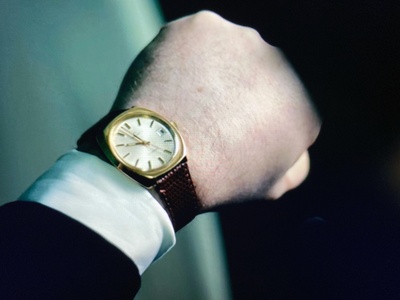
What time is it?
A simple and polite way to ask for the time. “Sha’ah” means hour. Israelis are generally happy to help, and this is a common and friendly interaction to have.

Today
A simple but useful word for making plans or understanding schedules. For example, you can ask a shopkeeper “At pituakh hayom?” (Are you open today?). It helps orient you in time.

Tomorrow
Just as useful as “Hayom” (today). “Makhar” is used for planning your next move, booking a tour, or making reservations. The ‘kh’ is a sound from the back of the throat.
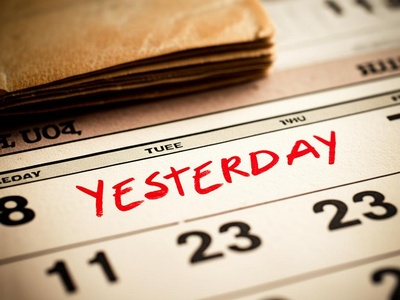
Yesterday
Completes the basic time trio with “Hayom” and “Makhar.” It’s helpful for recounting something that happened or asking about past events, like a museum’s hours from the day before.
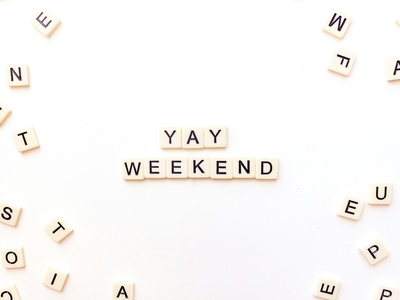
Have a great weekend!
This greeting is used from Friday afternoon through Saturday evening. It wishes someone a peaceful Sabbath. It’s a warm, culturally significant phrase you will hear everywhere during the weekend.

Let’s go!
Borrowed from Arabic, “Yalla!” is one of the most common words in modern Hebrew slang. It’s an energetic way to say “Let’s go!” or “Come on!” and can also be used to end a phone call.

No problem
A very common, relaxed response to “Toda” (thank you) or “Slicha” (sorry). It literally means “there is no problem” and is used like “no worries” in English. It has a friendly and easy-going vibe.

Good luck!
A warm and encouraging phrase to wish someone well on a test, a journey, or any endeavor. The ‘cha’ at the end is a guttural sound. It’s a very positive and friendly expression.
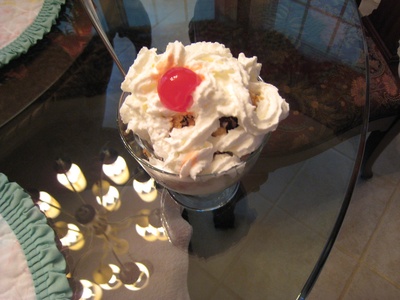
Ice cream
Israel has fantastic ice cream and gelato shops. Knowing this word is key to satisfying your sweet tooth. Simply say “Ani rotze glida” (I want ice cream) to get your delicious treat.

Coffee
Coffee culture is huge in Israel. Use this word to order your daily brew. A common order is “Kafe hafuch,” which is similar to a cappuccino. It’s an essential word for any caffeine lover.

Beer
Israel has a growing craft beer scene. Use “bira” to order a beer at a bar or restaurant. You can say “Bira, bevakasha” (Beer, please). It’s a simple word recognized in any establishment that serves alcohol.

Wine
Israel has a rich history of winemaking dating back thousands of years. Asking for “yayin” at a restaurant will allow you to sample some of the excellent local varieties. It’s a simple, ancient word.
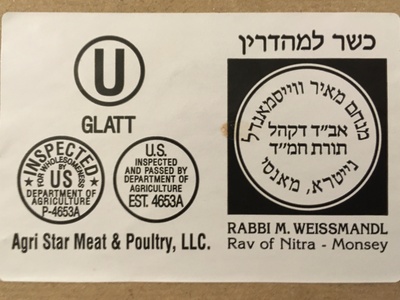
Is it kosher?
An important question for those who keep kosher or are curious about it. Many, but not all, restaurants in Israel are kosher. This question provides clarity when you are unsure about an establishment’s certification.
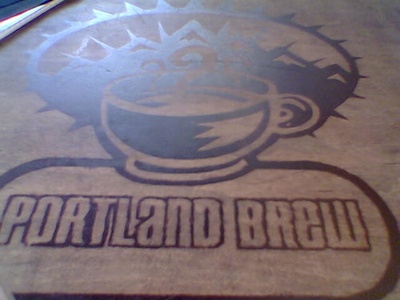
Can I have the Wi-Fi password?
A modern travel essential. “Efshar” is a useful word meaning “is it possible?” or “can I have?” Use this phrase in cafes, hotels, and public spaces to get connected.
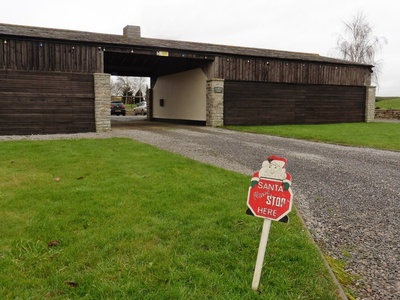
Stop here, please
A clear and polite way to tell your taxi or sherut (shared taxi) driver that you have reached your destination. It ensures you get dropped off exactly where you need to be.

